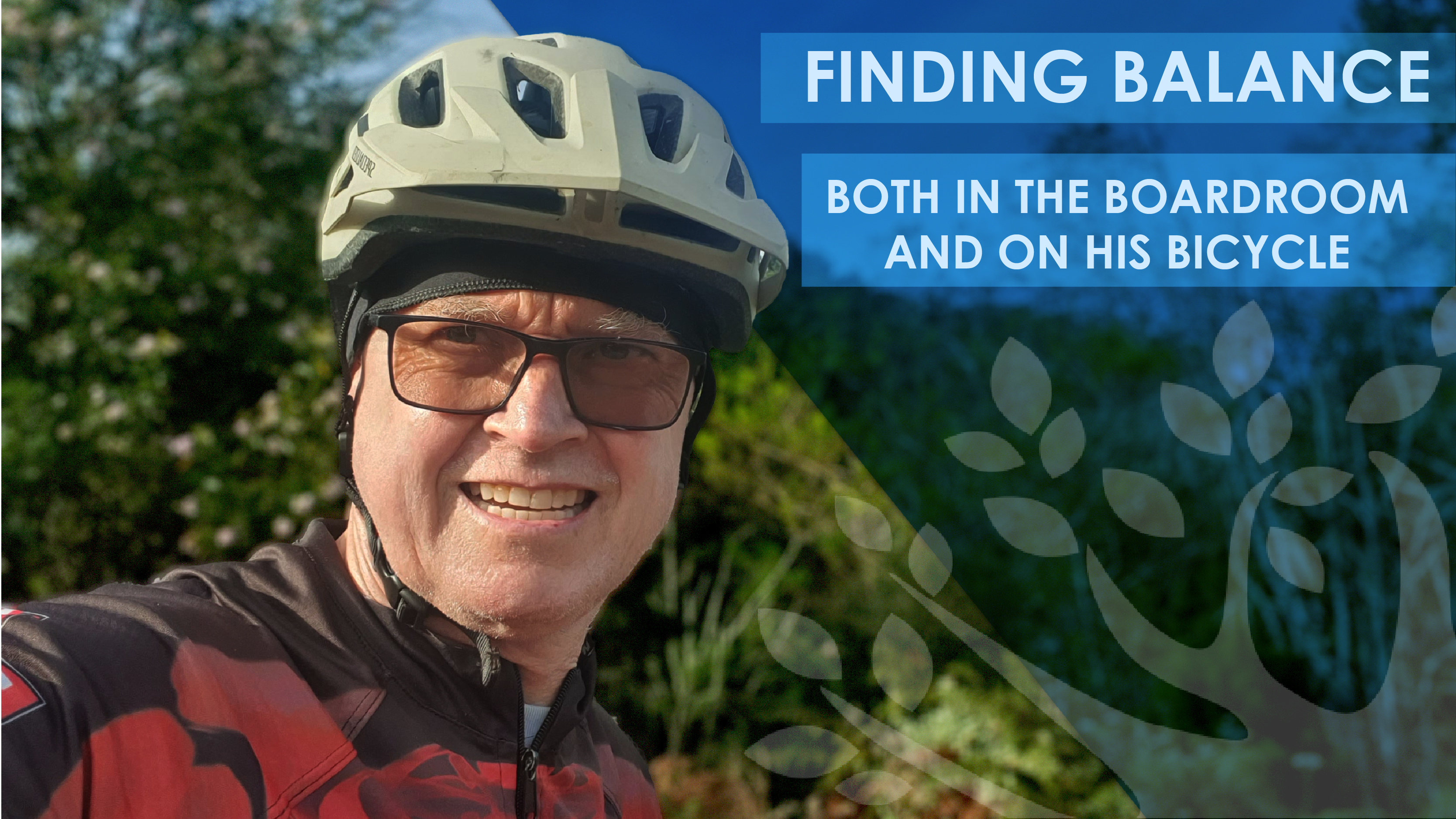Corporate Wellbeing
Why wellbeing is key to any career plan

One cannot have a conversation about people and performance without taking workplace wellbeing into account.
According to the World Health Organisation1, depression and anxiety have a significant economic impact on the workplace. The estimated cost to the global economy is US$ 1 trillion per year in lost productivity, yet, on a positive note, for every US$ 1 put into scaled up treatment for common mental disorders, there is a return of US$ 4 in improved health and productivity.

Employee health and wellbeing has long been seen as a ‘must have’ (rather than a ‘nice to have’), but since the COVID-19 pandemic hit, there has been a surge in research around the state of employee mental health and what impact this can have on a business’s bottom line.
While it’s heartening to learn from Aon’s 2021 Global Wellbeing Survey that 82% of organisations globally believe that wellbeing is important within their company, only 55% have a wellbeing strategy in place2. And in order for that strategy to land successfully and engage the employees its targeting, it has to be entrenched in the company culture.
![]()
Creating a healthy, high-performing workforce requires employers to … create ways for wellbeing to become part of their corporate values and strategy, weaving them into their cultural fabric. Culture is the facilitator, and without it, employers cannot deliver the strategy. – Working Well: 2021 Global Wellbeing Survey, Aon²
![]()
Putting employee wellbeing first
In The Unisure Group’s case, we’re incredibly passionate about employee wellbeing, not only through the health and life insurance benefits we offer our clients, but also internally, by way of our Chairman, Dr Graham Woolford3 (pictured) setting the bar high and inspiring the company with his personal wellbeing journey.
Apart from a week off with a broken rib and two weeks off when he contracted COVID-19, Graham has cycled every single week of his life since 1994. And he’s not slowing down either.
“I exercise for 7 – 10 hours a week, every week – without fail. This year I’ve set myself some ambitious exercise goals and I’m working hard to achieve them,” he says.
For Graham, exercise instils a strong sense of discipline and perseverance.
“There are difficult times during a ride – you have to keep up with the group, hour after hour, even when you’re tired and your legs are sore. It takes real discipline to keep going, but after exercising I have such a sense of accomplishment that I feel I can tackle any obstacle and surmount any challenge.”
His time on the road is easily a metaphor for the many ‘hills’ he has to climb in the boardroom as well.
“A leader’s job isn’t always about celebrating successes, it can also be filled with pain, agony, introspection, uncertainty, disappointment, anxiety and loneliness. In many ways, I think a leader’s job carries with it all of the human emotions, but exercise definitely helps you cope with those emotions and demands. It builds perseverance, confidence, discipline, and it helps smooth out some of those inevitable bumps in the road,” he explains.
![]()
Six ways in which exercise boosts your workplace performance⁴
- Improved concentration
- Sharper memory
- Faster learning
- Prolonged mental stamina
- Enhanced creativity
- Lower stress levels
![]()

Physical health also boosts mental health
The physical benefits of exercise are immense, but what high-performing leaders like Graham also take from regular exercise regimes is building greater resilience and mental strength.
As psychologist Angela Duckworth explains in an interview with CEO Magazine5, people who have stronger mental resilience can persevere for longer. And while we cannot avoid stress in our careers, we can bolster our resilience towards stress and better manage how we cope with it.
“Our ability to stick with something in the face of setbacks is the true indication of success,” she explains, “and a combination of passion and perseverance for a singularly important goal is the hallmark of high achievers in almost every domain.”
The 4 pillars of high performance
This holistic approach to leadership is echoed by Harvard Business Review authors Jim Loehr and Tony Schwartz. In their piece, entitled The Making of a Corporate Athlete6, they describe a ‘performance pyramid’ composed of four levels, all of which profoundly influence one another and all of which are necessary for high performance:
- Physical capacity (which builds endurance and promotes mental and emotional recovery)
- Emotional capacity (which creates the internal climate which drives one to one’s ideal performance state)
- Mental capacity (which focuses physical and emotional energy on the task at hand)
- Spiritual capacity (which provides a powerful source of motivation, determination and endurance)
“On the playing field or in the boardroom, high performance depends as much on how people renew and recover energy as on how they expend it, on how they manage their lives as much as on how they manage their work,” they write. “When people feel strong and resilient – physically, mentally, emotionally, and spiritually – they perform better, with more passion, for longer. They win, their families win, and the corporations that employ them win.”
That’s exactly the culture that Graham instils at Unisure.
“It’s my job as the Chairman to take care of myself, because if I get sick, it affects other staff members in our company. But as management, I also make it my priority to let our staff members know that they all have a commitment too – and that’s to look after themselves and their health,” he says.
“I’ve always believed that we shouldn’t count our employees’ success by the number of hours they work, but rather by the amount of exercise and mental wellbeing they’ve accumulated that week. Because once that’s in place, the rest will follow.”
Visit our website to learn more about how The Unisure Group’s Group Benefit Solutions and International Private Medical Insurance plans can help boost your employees’ wellbeing.
Sources:
- Mental health in the workplace, World Health Organisation
- Working Well – 2021 Global Wellbeing Survey, Aon
- Dr Graham Woolford, Unisure Chairman, Interview, 4 April 2022
- Why we pay our employees to exercise at work, Forbes
- The hidden link between physical exercise and workplace performance, CEO Magazine
- The Making of A Corporate Athlete, Harvard Business Review
